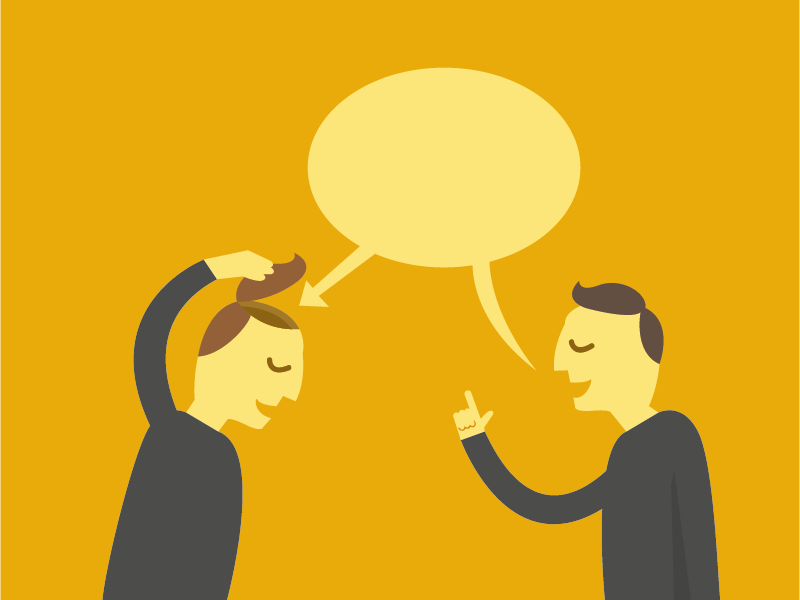

Bring snacks and refreshments if possible. Adjust the lighting, heating and fresh air so that people can concentrate. And it is often cheaper than going to a cafe or bar where you’re expected to buy drinks! Hiring a meeting space is a great use of group funds if it allows you to have effective meetings. Do your best to find somewhere that is accessible and comfortable, and where you will be free from background noise and interruptions. Whether for a group meeting or a focused one-to-one chat, do everything you can to make it easier for people to concentrate.Ĭhoose a suitable space. Ask questions to get clearer on what someone is saying or to encourage them to expand.In meetings this can also help people keep track of what’s going on. Offer summaries to check your understanding.Listen! Really focus on understanding what someone is saying.Minimise distractions so as to give yourselves the best chance of focusing on what people are saying.

Key tips to listen as effectively as possible: By actively listening we can come to understand how the speaker feels about a subject or situation - we hear through their words and tune into their underlying emotions, concerns and tensions.

This can often be the case in campaigns and co-ops! This guide offers key tips for how we can listen actively in every day contexts like meetings, peer reviews or one-to-one chats.Īctive listening is a useful skill for all sorts of situations - whether you're taking part in meetings and workshops or dealing with conflict. Paying real attention to what someone is saying increases trust and empathy.Īctive listening can be challenging when we have strong disagreements or we’re just too stressed and busy to concentrate. It helps us take feedback on board and learn from it, which is essential for resolving conflict, tackling power dynamics and working more effectively. It enables us to really understand what each other is saying to make collaborative decisions that take everyone’s needs into account. Listening well is key to many aspects of effective groups. The phrase ‘active listening’ comes from the psychologist Carl Rogers, but this guide is not for people who want to use the technique in a therapeutic context! It is for people in social change groups and co-ops who want to use better listening to improve their meetings, relationships and the work or campaigning they do together. That sounds simple, but we often don’t even realise when we aren’t listening carefully! The core of active listening is to really focus on understanding what someone is trying to put across. However, it is an essential part of effective communication, and requires an active effort to do well. Listening is a skill that is often under-estimated and under-valued.


 0 kommentar(er)
0 kommentar(er)
